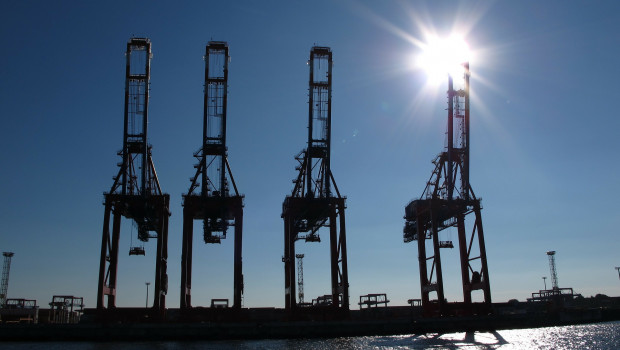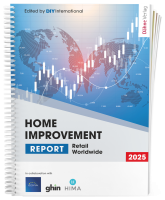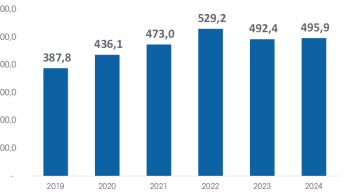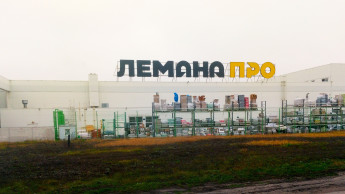In this highly unpredictable situation, companies must work together in a fair and practical manner. The international supply chain, especially from China, is under severe pressure. On account of production stoppages, many companies are having difficulty in getting components or products and goods, or deliveries are delayed. Added to this is the fact that the "incident in the Suez Canal continues to have a major impact". A large number of firms rely on carefully timed deliveries to fulfil time-critical customer orders and could face the threat of penalties if they fail to meet these deliveries. Other companies that have had problems on account of huge price rises have had to increase their own prices to maintain profitability.
Dependence on production in China varies from company to company, say the initiators of the declaration. Some manufacturers and sub-suppliers in the EU whose production and order processing are highly dependent on China may be confronted by retailers with penalty payments for late delivery. Furthermore, the production plants based in Europe face the same challenges, even though they are closer to the market. If goods are not available from China, manufacturers and suppliers must do everything they can to find alternative procurement sources to try and meet their contractual obligations to their partners and to keep them informed of delivery bottlenecks and interruptions to the supply chain.
The associations are appealing to all players to seek sensible solutions to possible supply shortages and disruptions in these challenging times and not to resort immediately to legal recourse and swift contractual penalties. The ability and flexibility to offer alternative products at short notice and the option of reviewing delivery contracts to cover difficulties in the fulfilment of existing contractual obligations through force majeure clauses could help to ensure a comprehensive supply of products to consumers.

 Menü
Menü














